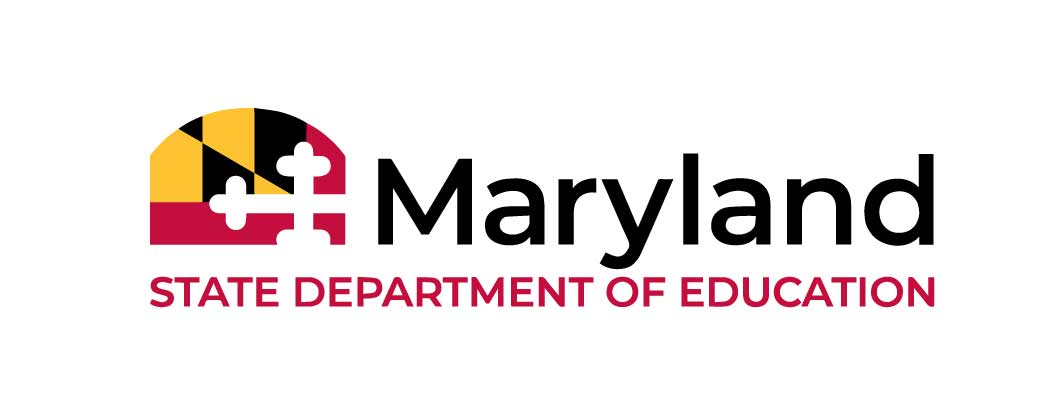Transition Talks: Employment Soft Skills

Soft skills are a combination of people skills, social skills, communication skills, character or personality traits, attitudes, career attributes, social intelligence and emotional intelligence that enable people to navigate their environment, work well with others, perform well, and achieve their goals with complementing hard skills. When working with students with disabilities to gain and succeed in competitive integrated employment, it is just as important to take into consideration the students’ soft skills as it is their qualifications and experiences. Soft skills are personal attributes such as:
- Communication skills (written & verbal)
- Teamwork skills
- Social skills
- Self-management skills
- Problem-solving skills
- Organization skills
Soft skills can be difficult to teach and developing these positive work habits needs to start early. Soft skills are best learned interactively through real life experiences. Students need a variety of work-based learning experiences to build and refine their employability “soft skills”.
Spotlight
Project SEARCH
Baltimore City Public Schools
Through a continuing partnership among the University of Maryland Baltimore (UMB), the Arc Baltimore, the Baltimore City Public School System, and the Division of Rehabilitation Services, Project SEARCH is a model in workforce and career development for adults and students with intellectual and developmental disabilities.
This program creates internships for high school students to learn employable skills on the campus of UMB. These internships improve the student’s employability skills as well as enhance the University community’s awareness of the potential of people with disabilities.
For more than 11 years, the Project SEARCH program located in Baltimore City, has consistently produced graduates with marketable soft skills as well as highly technical employment skills. Students with disabilities have stacked their varied skills to acquire long term integrated competitive employment.
Questions to Consider
- Does the student value work?
- Does the student communicate his/her needs?
- Does the student request help as needed?
- Does the student appropriately greet people?
- Does the student have appropriate conversation skills?



